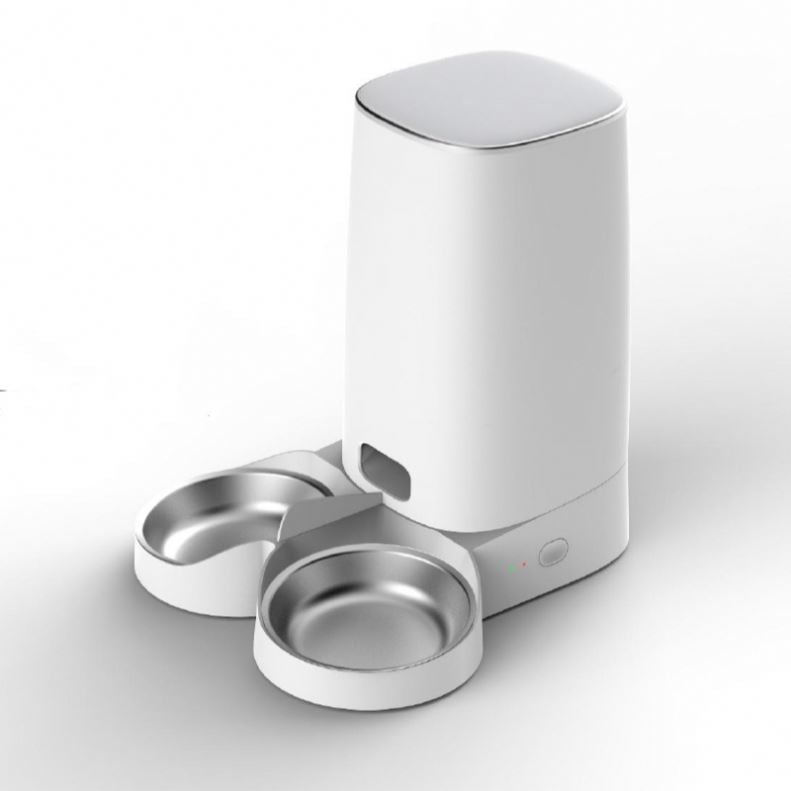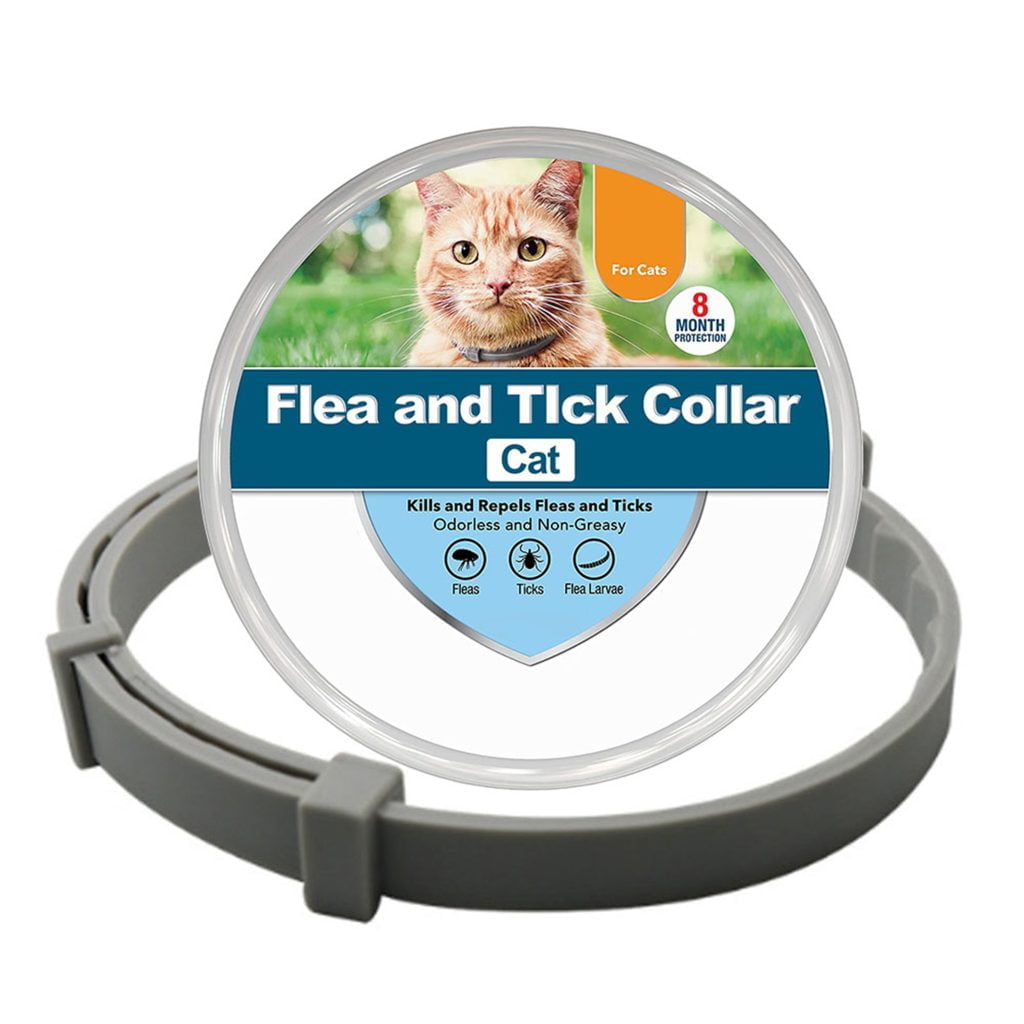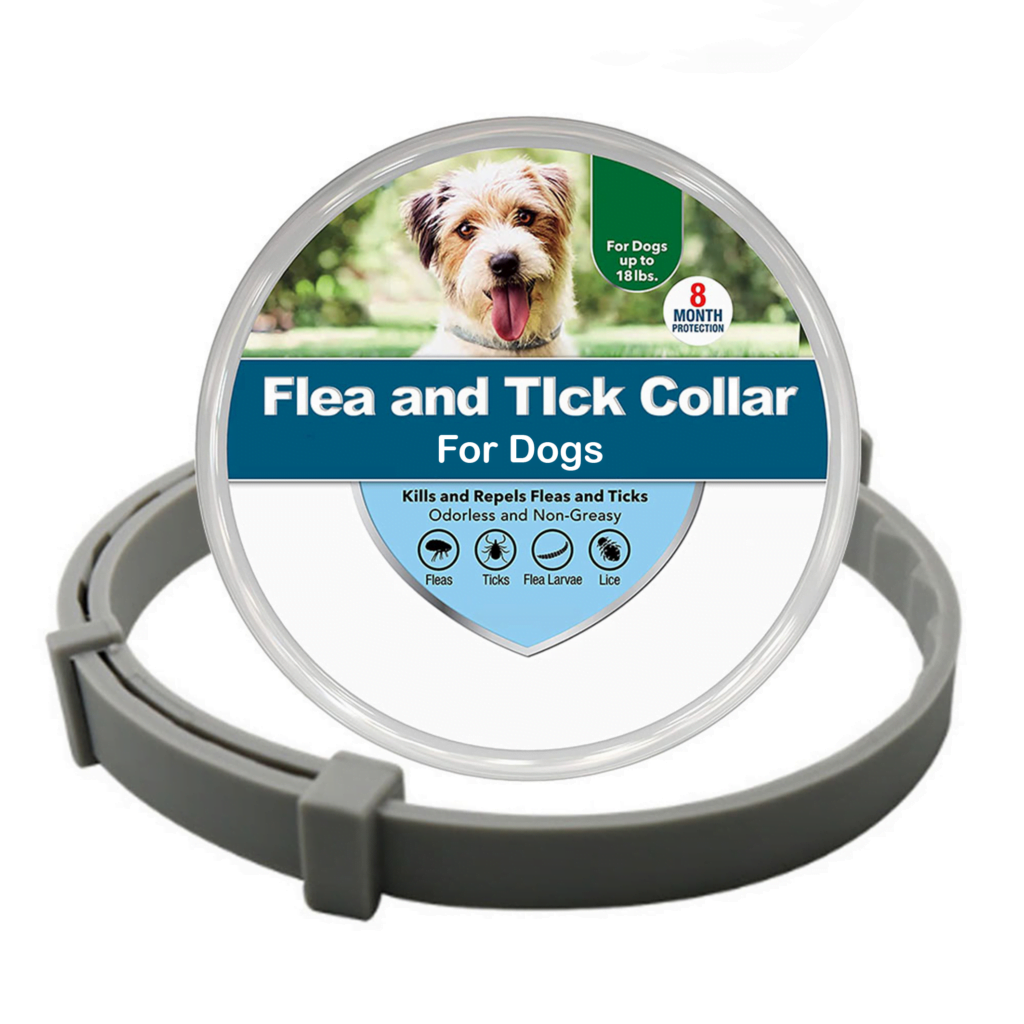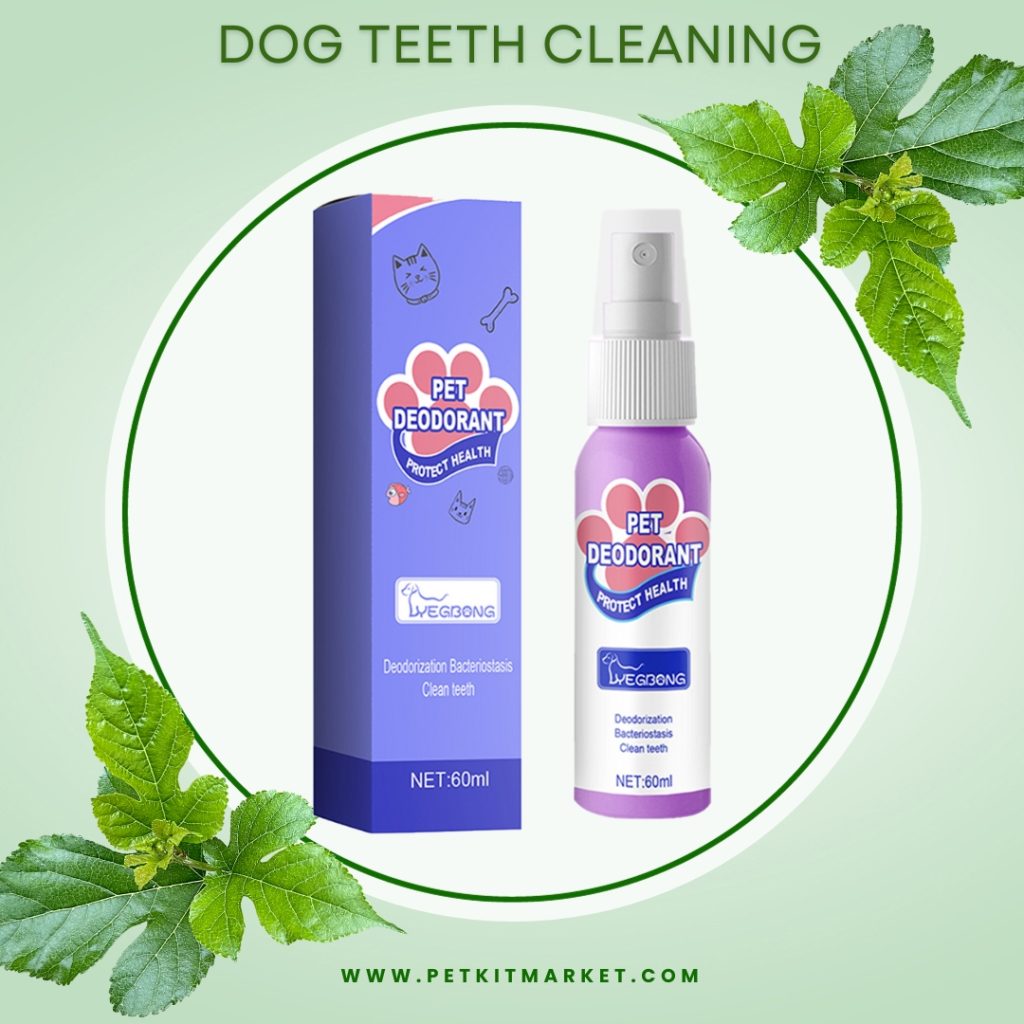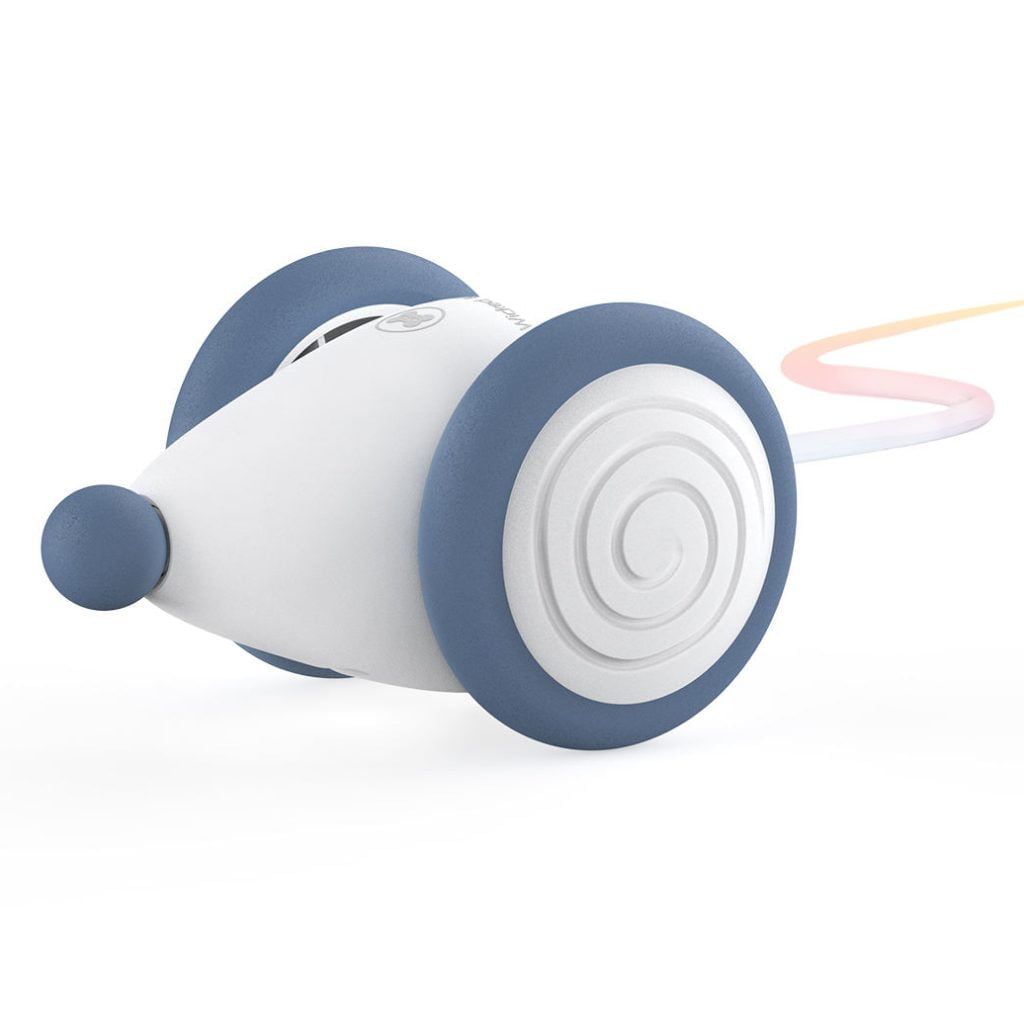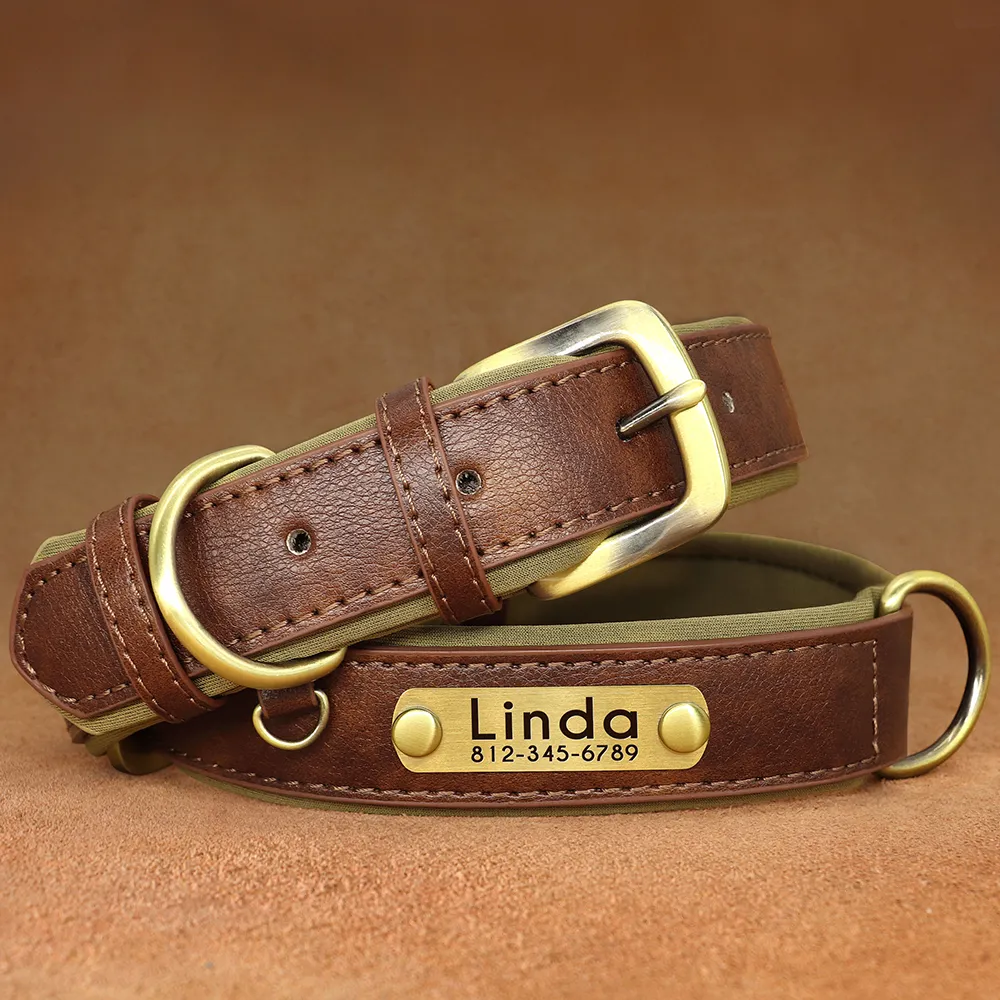Did you know that your canine companion harbors roughly the same number of bacterial cells within their body as there are stars in the Milky Way? This staggering fact highlights the complexity of the pet microbiome and underscores the burgeoning interest in canine probiotics as a means to promote digestive health for dogs. While the integration of probiotic supplements for dogs into pet care routines is still relatively nascent, emerging studies suggest a range of dog probiotic benefits, from improved gut function to stronger immune systems.
Understanding the unique ecosystem within your dog’s digestive tract is essential, as it differs markedly from our own. While tempting, giving your pooch human probiotics might not yield the results you hope for. Instead, species-specific formulations designed to support your dog’s health may offer a targeted approach to enhancing your friend’s well-being. With guidance from your veterinarian, these beneficial bacteria can become an invaluable part of your dog’s diet.
Key Takeaways
- Trillions of beneficial bacteria in a dog’s body play a crucial role in their overall health.
- Species-specific probiotic supplements for dogs are essential due to differences in the pet microbiome.
- Probiotics help in strengthening the immune system and promoting digestive health for dogs.
- Seeking veterinarian guidance ensures you choose the correct strains and dosage for your dog’s individual needs.
- Pet-specific probiotics are preferred over human probiotics to achieve the best dog probiotic benefits.
Understanding the Benefits of Probiotics for Your Canine Companion
The addition of probiotics to your dog’s diet can be a significant step in promoting optimal dog gut health and providing essential canine digestive support. Beyond their ability to combat pathogens, these beneficial bacteria play a crucial role in the absorption and production of vital nutrients, contributing to a robust immune booster for dogs. Let’s explore the ways probiotics can enhance the well-being of your furry friend.
Enhancing Gut Health and Aiding Digestion
Probiotics are renowned for their ability to maintain a healthy balance within your dog’s intestinal tract. This is not only vital for efficient digestion but also for the synthesis of key vitamins that support overall health. A balanced gut microbiome facilitated by probiotic efficacy ensures that your dog can extract the maximum nutritional value from their diet.
Strengthening the Immune System
Did you know that a significant portion of your dog’s immune system is housed within their digestive system? Probiotics introduce good bacteria to the gut, which serve as a first line of defense against harmful pathogens. This creates a dynamic immune booster for dogs, empowering their body to ward off illnesses more effectively.
Alleviating Diarrhea and Gastrointestinal Disorders
One common concern for pet owners is dealing with gastrointestinal issues that can cause discomfort to their canine companions. A probiotic regimen supports a well-functioning digestive system, helping to alleviate symptoms like diarrhea and bloating. By stabilizing the microbiome, probiotics assist in managing conditions such as irritable bowel syndrome and other intestinal inflammations.
| Probiotic Strain | Benefits | Suggested Usage |
|---|---|---|
| Lactobacillus | Supports nutrient absorption and immune health | Daily supplementation as directed by veterinarian |
| Bifidobacterium | Reduces anxiety and mitigates gastrointestinal distress | Use during or following antibiotic therapy |
| Enterococcus faecium | Improves stool consistency and combats pathogenic bacteria | Include in meals for ongoing digestive support |
As you nurture your dog’s health, remember that introducing probiotics to their diet is a personalized journey. Always consult with a veterinarian to ensure the probiotic choice meets your dog’s unique health requirements, as they can guide the dosage and strain specifics for maximal benefit.
Probiotics for Dogs: Identifying Quality Supplements
When you’re looking to support your furry friend’s digestive health, it’s important to invest in high-quality canine probiotics. But knowing what to look for can be daunting. Here, we focus on the critical aspects of dog probiotic strains, CFU counts for efficacy, and the importance of probiotic supplement labels to ensure you’re giving your dog the best possible support.
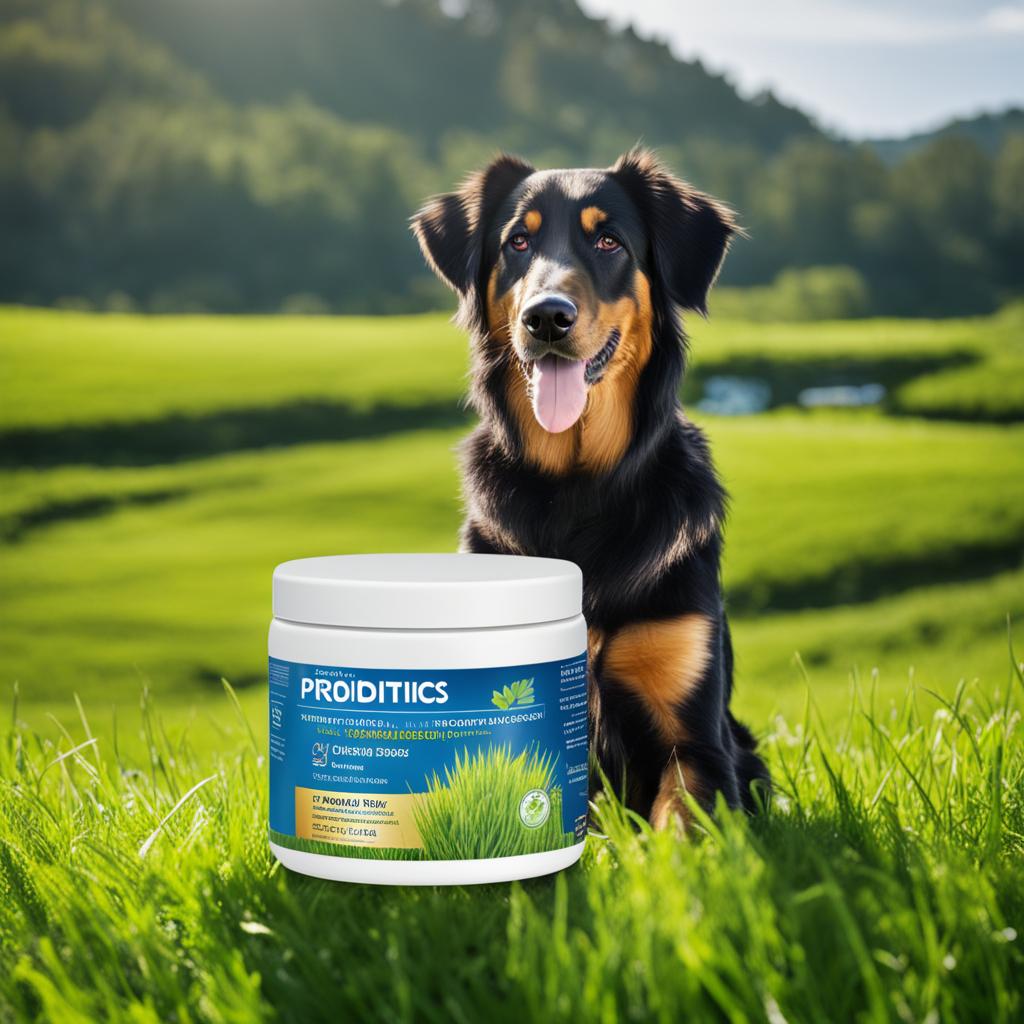
The Importance of Species-Specific Strains
Not all probiotics are created equal, especially when it comes to our canine companions. Choosing species-specific strains ensures that the probiotic is designed for a dog’s unique digestive system. Among these specialized strains, Enterococcus faecium and Lactobacillus acidophilus have been shown to be particularly beneficial, helping to manage stress-related diarrhea and bacterial imbalances.
Potency and Viability: Ensuring Effective CFU Counts
To ascertain the potency and efficacy of a probiotic, it’s crucial to look at the CFU counts on the label. A product boasting a count ranging from 1 to 10 billion CFU per serving reflects a supplement that’s potent enough to have a beneficial effect on your dog’s health.
Product Labeling and Expiration Dates: What to Look For
Canine probiotic quality is also dependent on proper packaging and timely usage. Probiotic supplement labels should outline the type and count of bacteria present, and include an expiration date to guarantee the bacteria’s viability. An ideal label will clearly display these details, alongside storage instructions to maintain the supplement’s effectiveness.
| Key Feature | Details to Check | Benefits |
|---|---|---|
| Species-Specific Strains | Enterococcus faecium, Lactobacillus acidophilus | Targets canine-specific digestive concerns |
| CFU Counts | 1 to 10 billion per serving | Indicates potency and potential effectiveness |
| Label Accuracy | Type and count of bacteria, expiration date | Ensures viability and safety of the product |
In summary, selecting the right probiotic for your dog encompasses more than just picking any supplement off the shelf. It requires attention to canine probiotic quality, probiotic supplement labels, and an understanding of CFU counts for efficacy. With these considerations in mind, you can ensure your dog receives the digestive support they need.
Integrating Probiotics into Your Dog’s Diet
Incorporating probiotics into your canine companion’s daily regimen is a strategic move towards improving canine nutrition. Probiotic dietary supplements come in various forms, and understanding which type is the most suitable for your dog is the first step to enhancing their diet. You might opt for convenient chewable tablets, easily mixed powders, or capsules which can hide in treats or meals. Some dog foods are already enriched with probiotics, which can support your pet’s health if they prefer their regular kibble.
When using standalone probiotic supplements, not only do you have better control over the dosage, but also the assurance of providing concentrated benefits that are specifically designed to support a dog’s digestive system. In the market for natural options? Consider plain, unsweetened yogurt or kefir — but remember to check for the absence of xylitol, a sweetener harmful to dogs.
Tweaking your dog’s diet to include more proteins and fewer carbohydrates can also make a significant difference, synergizing well with the addition of probiotics for a complete canine diet enhancement. Below is a guide to help you find the right probiotic-rich foods and supplements for your dog:
| Probiotic Sources | Benefits | Considerations |
|---|---|---|
| Supplemented Dog Food | Convenience of combined nutrition and probiotics | Lower probiotic concentration compared to standalone supplements |
| Chewables and Powders | Easy to administer, higher control over dosage | Ensure product stability and refrigeration if necessary |
| Plain Yogurt/Kefir | Natural source, possible dietary addition | Must be unsweetened and free of harmful additives |
As you focus on incorporating probiotics into your dog’s diet, it is crucial to pay attention to the storing requirements and expiration dates to preserve the efficacy of the probiotics. With a little planning, you can successfully provide these beneficial supplements and enrich your furry friend’s nutrition and overall well-being.
Addressing Common Concerns: Side Effects and Interactions
When you consider adding probiotics to your pet’s regimen, understanding the potential for probiotic side effects is crucial. While beneficial in promoting a healthy gut microbiome, these supplements may cause canine digestive discomfort in some instances. The onset of dog probiotic reactions, such as gas, loose stools, or even diarrhea, are not uncommon, especially when introducing high doses to your pet’s diet.
Here’s a helpful guide to recognizing and managing any uncomfortable reactions your dog may encounter:
- Introduction Phase: Start with small doses and gradually increase to the recommended dosage to minimize reactions.
- Monitoring: Keep an eye out for any changes in bowel movements or behavior that indicate discomfort.
- Consultation: Always seek advice from your veterinarian if you notice prolonged episodes of digestive upset or if your dog’s condition worsens.
Most side effects tend to subside as your pet’s system adjusts to the new supplement. Nonetheless, staying informed and vigilant is key to a successful integration of probiotics into your dog’s diet. Below is a quick reference table to track potential side effects and the appropriate actions to take.
| Side Effect | Possible Causes | Recommended Action |
|---|---|---|
| Bloating or Gas | Adjustment to probiotics, high initial dose | Reduce dosage, observe, consult vet if persistent |
| Diarrhea | Sudden dietary change, high dose of probiotics | Lower dosage, ensure gradual introduction |
| Appetite Changes | Dog’s reaction to a new supplement | Monitor closely, adjust diet as recommended by vet |
Remember: An imbalance of gut bacteria in your dog can be influenced by stress, dietary adjustments, or antibiotics. Probiotics tailored for dogs are often the ideal choice to maintain or restore harmony in their digestive systems. Be aware that while human probiotics aren’t harmful, they may not be as suitable or effective for canine consumption.
Finally, if your dog experiences any adverse reactions or if you have concerns about their health, the best course of action is to consult with a veterinarian experienced in pet nutrition. They can provide guidance specific to your dog’s health needs and dietary tolerances.
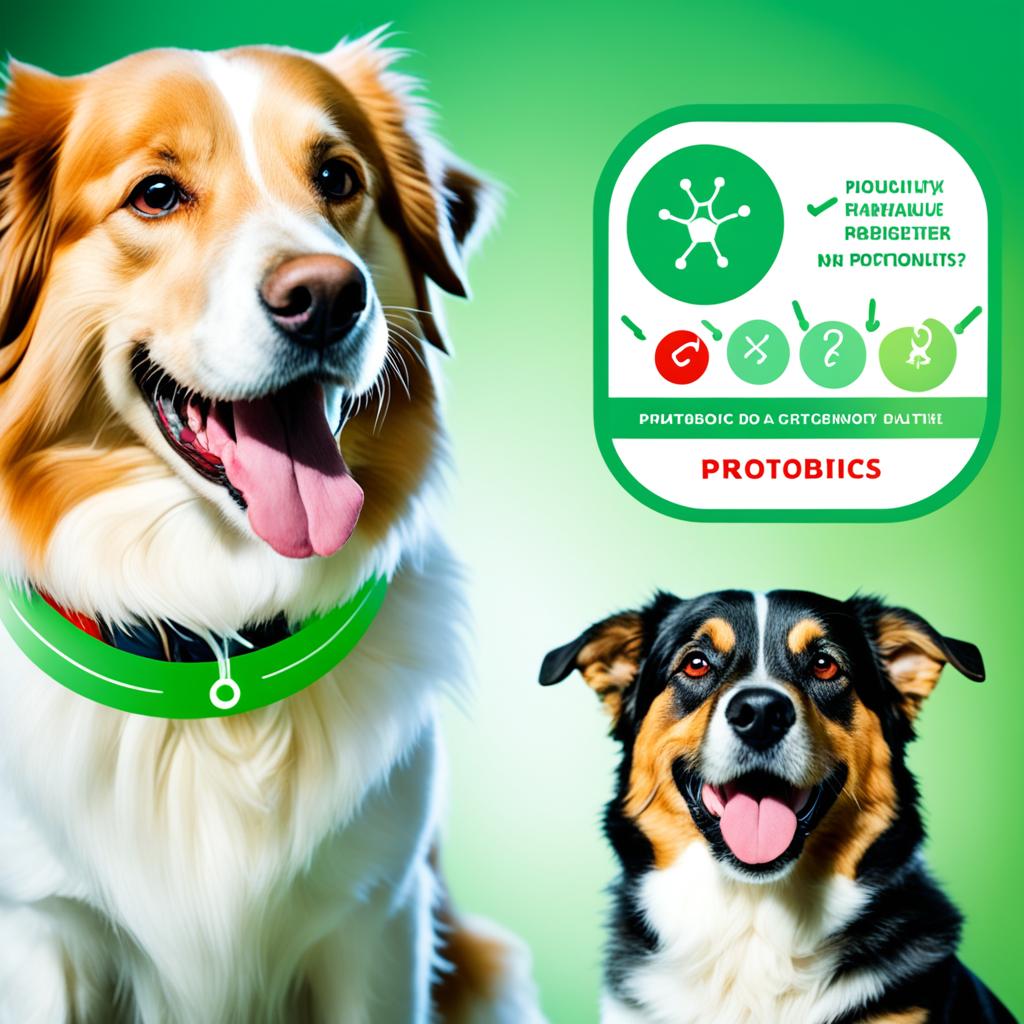
Conclusion
The exploration of probiotics for dogs has illuminated their value in promoting optimal dog health. Throughout this discussion, we’ve observed the multifaceted benefits these microbial supplements offer, such as bolstering digestive and immune system functions. Moreover, their role in alleviating stress-related behaviors and gastrointestinal afflictions further underscores their importance. Strengthening a dog’s microbiome equilibrium is fundamental to their overall well-being, and probiotics, under the right circumstances, pose as an effective instrument to achieve this.
Recap of Probiotic Benefits for Dogs
In summarizing the gains of probiotics, it is clear they are instrumental in nurturing a robust canine system. The carefully selected, species-specific strains are designed to cater to your dog’s unique gut environment, enhancing their ability to absorb nutrients and fight off potential pathogens. These benefits are part of the larger summary of probiotic gains, which include a marked improvement in your pet’s quality of life when facing a range of digestive and psychological challenges.
Final Thoughts on Implementing Probiotics into Canine Health Regimens
Implementing probiotics into your dog’s health regimen should be done with consideration to species appropriateness, potency, and verified product integrity. It is crucial to consult with your veterinarian, ensuring that the chosen probiotic aligns with your pet’s specific health requirements. Although some dogs may experience an initial adjustment period with minor side effects, these typically dissipate as their system acclimates to the new supplement. As researchers continue to unlock the secrets of the canine microbiome, it becomes increasingly evident that probiotics for pets can serve as a decisive final takeaway for maintaining or restoring your dog’s health.
Featured Products
Automatic Cat Feeder: Smart Control, 4L Capacity, WIFI Connection & Anti Clog
$30.05 (-25%)
Automatic Dog Feeder: Smart Control, 4L Capacity, WIFI Connection & Anti Clog
$30.05 (-25%)
Cat Bed with Thick Cover, Warm, Non-Slip and Waterproof Bottom
$10.69 (-29%)
Cat Flea & Tick Collar – Guaranteed results For 8 Months
$13.30 (-40%)
Cat Tree with Scratcher – Modern & Tall for Climbing and Relaxing
$51.40 (-29%)
Dog Flea & Tick Collar – Guaranteed results For 8 Months
$13.30 (-40%)
Dog Teeth cleaning and tartar removal Spray
$6.42 (-29%)
Endless Fun Cat Toy – Interactive Smart Electric Mouse
$21.40 (-29%)
Engraved Dog Collar: Elegant and Crafted with Premium Leather
$6.40 (-29%)
Human dog bed, Super Big and Comfy: Perfect for the Whole Family
$83.98 (-30%)
Reusable Lint Remover for Home, Car & Pets – Eco-Friendly & Easy-to-Use
$10.69 (-29%)
Smart Robotic Litter : The Most Advanced Cat Litter Box – Expert Choice
$192.83 (-29%)
Special Lint Remover : Guaranteed results for Clothes & Home
$13.30 (-40%)

